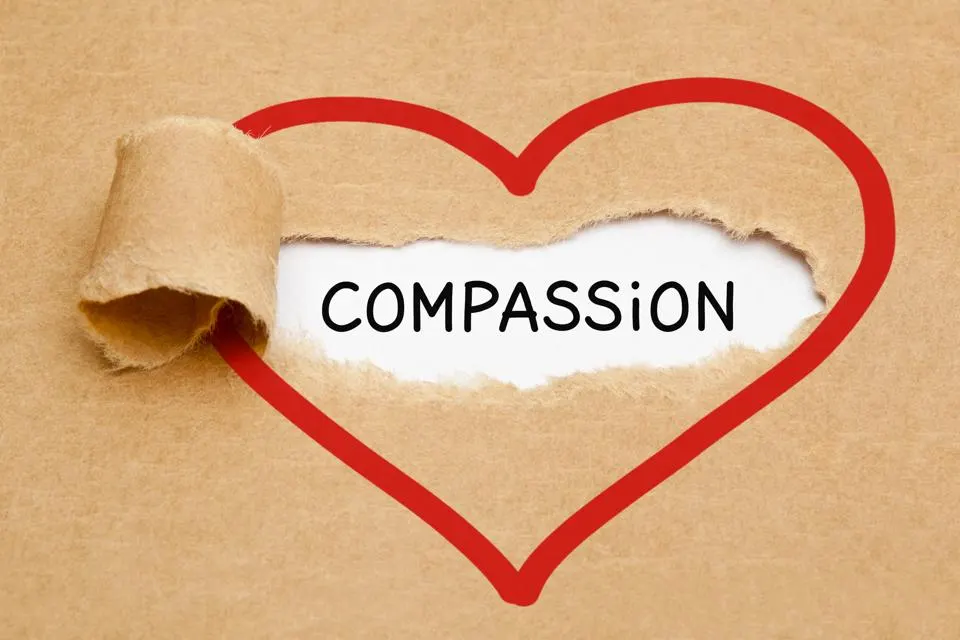
Perspective
Compassionate Guide in Challenging Times

Ana Carolina González-Peña • January 02, 2024
For many generations across the world, conflicts and wars have been evident throughout history. Many of us have dedicated years to the pursuit and construction of peace in our daily work.
Every day, we encounter news from different geographies with new crises, migrations here and there, controversial decisions from leaders, understanding the role of organizations and our own, and ultimately, hoping for an event that brings us hope.
However, current times are no exception. The world faces new challenges, polarization is almost overwhelming, and it’s clear that we are undergoing profound collective changes. Despite leaning on various intellectual understandings to comprehend these adverse situations, it’s entirely normal for feelings of despair, confusion, sadness, fear, and uncertainty to arise in us or our loved ones.
We are exposed as humanity, and amid diverse analyses and viewpoints, it’s unclear what awaits us. But one thing we can do is begin to contribute positively to collective history through tools such as good emotional management, effective conflict resolution, the reduction of violence, and even taking good care of your mental health. Here are some tips you can implement:
- Accept the duality within each person: Recognize the intricate duality in every individual, the capacity for good and evil, the interaction between love and existential anguish. During challenging moments like the current ones, it’s easy to succumb to the impulse of dehumanizing others with labels like “monsters” and turning them into enemies. However, the task is to focus on understanding the complexity of people and avoid characterizing them based solely on preconceived prejudices.
- Don’t cling to collective pain; instead, try to become a channel: Unlike a suitcase that stores and carries the weight of the world, a channel allows pain to flow. Avoid identifying too much with pain, as it’s only part of your experience, not your identity.
- Humanize your “adversaries”: First, engage in self-reflection and step away from your assumptions and biases. Then, recognize that your adversaries, regardless of their opinions, are fundamentally human, like you, with fears and desires. Acknowledging this shared humanity fosters empathy, even in disagreement.
- Assume a peacemaker role: There are inspiring people, organizations, and stories worldwide. If any of them resonate with you, actively participate in their mission with your skills, time, or donations.
- Focus on consuming valuable content: In a world of mass media controlled by particular interests, with divisive headlines, choose to consume books, newsletters, documentaries, and independent journalism. Seek content that leads you to cultivate deeper and more complete perspectives, not just fragmented information.
- Always remember the fragility of life: Life, regardless of its form, is ephemeral, especially in these tumultuous times. This realization can sadden us but also empower us. When you remember the fragility of life, you motivate yourself to move forward and fulfill your purposes.
- Choose to help others: Whether as a volunteer with those fighting diseases or supporting refugees, a life of service changes your perspective and directs your energy toward significant impact, leaving no space for hatred or trivial arguments.
- Recognize that you are ‘the change’: Sometimes, witnessing the world’s struggles can make us feel powerless. And while individually we may not change the world, we can certainly change one or several lives, starting with yours. Be kind, listen, care, and share with those around you; that person is also trying to lighten the current burden of our world.











